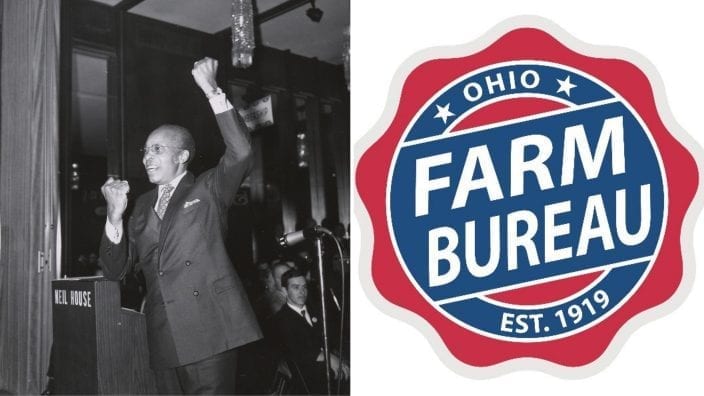Farmer’s Guide to Trucking Regulations available to Ohio Farm Bureau members
The guide includes a farm driver checklist, overview of state and federal regulations and exemptions, CDL qualifications and more.
Read More
Editor’s note: Ohio Farm Bureau was founded Jan. 27, 1919 on the campus of Ohio State University. The centennial is a celebration of the people who have each played a part in Farm Bureau’s success over the years, and members are invited to participate in this milestone for the organization.
Several important people and milestones will be shared throughout 2019.
Educational programming and instruction for youth are a big part of the Ohio Farm Bureau Federation’s mission, and in the 1960s, those who participated in the summer youth programs got first-hand accounts from their music teacher who lived and worked in the South for most of the year.
Ariel “Pops” Lovelace spent 18 years in Columbus teaching the youth summer music course. During the school year, he chaired the music department at Tougaloo College, located just north of Jackson, Miss., the city that was ground zero for the civil rights battles of the 1960s. He also taught at Jackson State University and founded the choral department at Arkansas Agriculture, Mechanical and Normal College, known today as University of Arkansas-Pine Bluff.
In other words, Lovelace, who was black, was living what OFBF youths might have been hearing on their radios, watching on televisions, reading in newspapers or discussing around the kitchen table. The music teacher shared those stories and let his charges know what it was like. His experiences were a revelation for them, said Shirley Boyd, a 35-year Farm Bureau employee who directed youth and women’s programs for the organization.
Four killings in Jackson helped galvanize the national civil rights movement.
Medgar Evers was a field secretary for the NAACP in Jackson, Miss., who was threatened many times over his work helping to desegregate the city. He was murdered outside of his home in June 1963, but his killer was not convicted until 1994.
The next year, three civil rights activists were found dead in shallow graves. No one was ever convicted of killing the trio, but several members of the Klu Klux Klan were sentenced on federal charges of violating their civil rights. The movie Mississippi Burning is based on those events.
“This was the first experience with a black man for many of these mostly rural children,” she said. “They would ask him to describe his life in Mississippi and couldn’t believe what they were hearing.”
Lovelace found his way into Ohio Farm Bureau after meeting Darwin Bryan at a national conference focused on recreational programming offered by cooperatives. Bryan, director of youth programs at the time, took an immediate liking to Lovelace and wanted him to come work the summer for Farm Bureau. Cultural inclinations of the times prevented that from happening, Boyd said.
Bryan made a successful second pitch for Lovelace the next year and the teacher started his association with Farm Bureau.
“Once they got him, they realized what they had,” Boyd said.
The Aug. 5, 1965 edition of the Wintersville Citizen — Wintersville is just west of Steubenville — detailed a visit by area girls to Kent State University during a Farm Bureau Youth Training School, which Lovelace attended as well: “More than 100 farm youths from 20 counties in this region of the state attended the summer school. The program provided participants with a working knowledge about the democratic structure of Ohio Farm Bureau Federation. This in turn developed personal growth and leadership. Classes in group singing and musical leadership were held each day by Ariel Lovelace of Tougaloo College, Tougaloo, Miss.”
Ariel Lovelace died April 3, 1981.
Craig Lovelace is a writer and researcher whose current work is compiling a book about the 100-year history of the Ohio Farm Bureau Federation. He also authored Our Century Together: Celebrating 100 Years of Ohio Farm Bureau. Ariel Lovelace and the writer are not related.


The guide includes a farm driver checklist, overview of state and federal regulations and exemptions, CDL qualifications and more.
Read More


Katie Share of Columbus has been named ExploreAg and Youth Development Specialist for Ohio Farm Bureau.
Read More

Mary Klopfenstein of Delphos has been named Young Ag Professional and Ag Literacy Program Specialist for Ohio Farm Bureau.
Read More

The plan has been updated to give sole proprietors access to more rate stability and a smart solution that offers potential savings on health care.
Read More

The American Farm Bureau Federation, in partnership with Farm Credit, is seeking entrepreneurs to apply online by June 15 for the 2025 Farm Bureau Ag Innovation Challenge.
Read More

Adele Flynn of Wellington has been elected treasurer of the Ohio Farm Bureau Federation and now holds the third highest elected office in Ohio’s largest and most influential farm organization.
Read More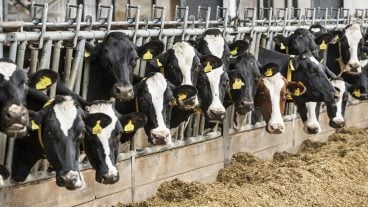
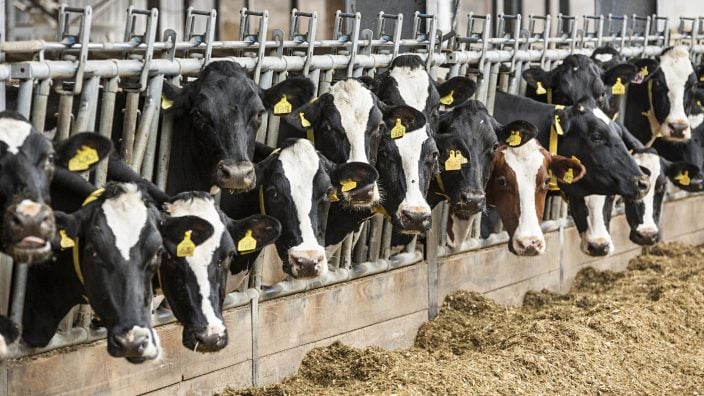
Producers are urged to work with their veterinarian to practice enhanced biosecurity measures and review and limit cattle movements within production systems.
Read More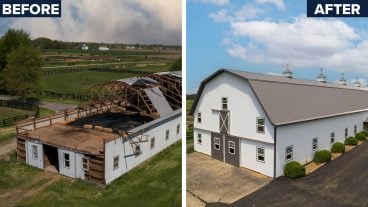
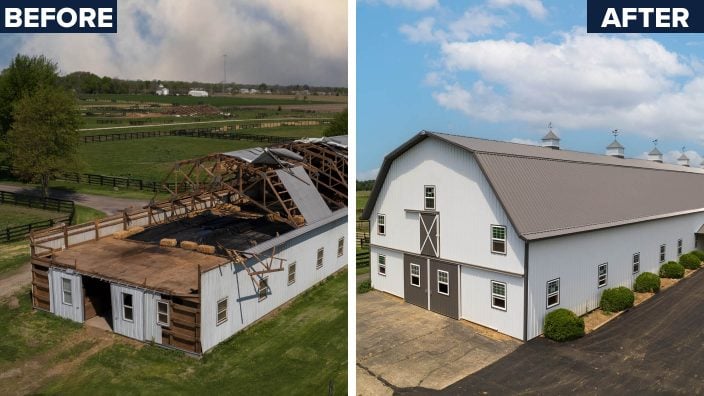
The changing seasons bring with them the need to thoroughly inspect pole barns for any damages that may have occurred during the winter months.
Read More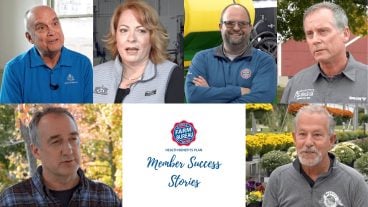
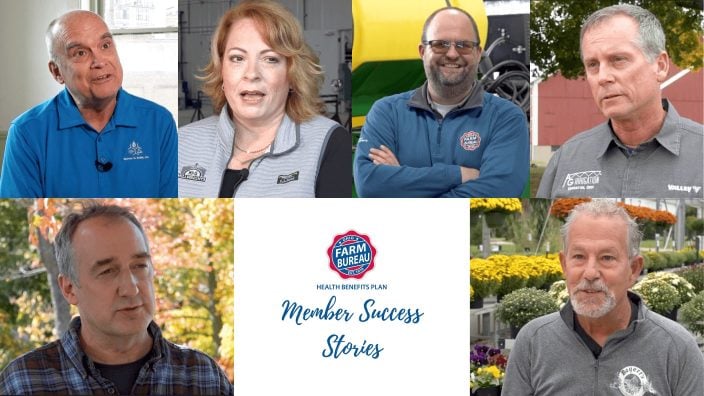
Hundreds of Ohio businesses and sole proprietors are raving about Ohio Farm Bureau’s Health Benefits plan with lower, predictable costs and easy enrollment and administration options.
Read More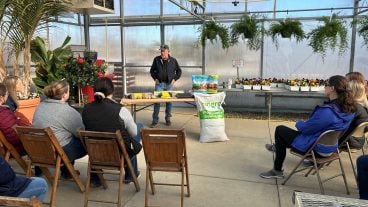
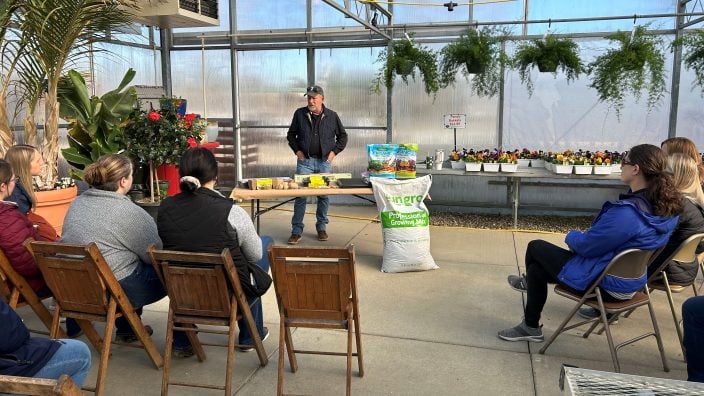
AgriPOWER Class XIV spent a few days in March in Medina and Wayne counties learning more about northern Ohio agriculture from leaders in Ohio Farm Bureau.
Read More